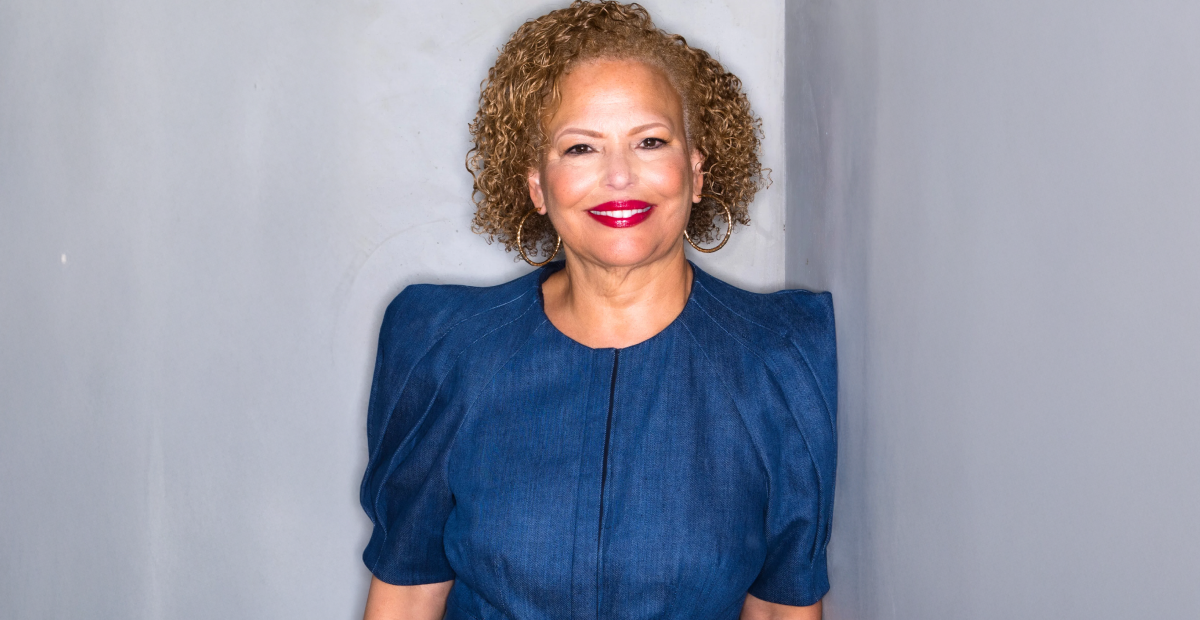In an ideal world, performance reviews would offer clear, consistent, and actionable feedback — but as most professional women have experienced, these reviews are often landmines of gendered language, unfair assumptions, and subjectivity.
New studies only confirm the ongoing problems. In one analysis of more than 23,000 performance reviews by HR tech company Textio, nearly one third of women were described as “opinionated,” in stark contrast to the only 4% of men who received the same feedback. More than half of men on the other hand were praised for their “confidence” and “ambitiousness,” while less than 20% of women were awarded the same.
Ironically, women can also face the opposite problem — reviews that are overly positive and protective, from managers who fear being viewed as prejudiced. Research published in the Journal of Business & Psychology found that managers who wanted to avoid appearing prejudiced were more likely to give a female-named employee more positive feedback — a phenomenon the researchers named “protective paternalism,” and one that still hinders women’s careers.
Regardless of negative or positive connotations, this “empty” feedback continues to hold women back from executive roles. “You will encounter ineffective feedback in your career — you can count on it, unfortunately,” says Loren Margolis, executive coach who also teaches career strategy at the State University Of New York. “Many feedback providers don't know how to give effective feedback and resort to vague, subjective descriptions such as unfriendly, abrasive, un-strategic and more. Sometimes, the feedback provider doesn't want to deflate or demotivate the recipient or hurt their feelings. So, they skirt around the conversation, using vague language.”
But executives should know they have the right to ask for direct, clear feedback, while organizations also have the responsibility to eliminate this type of bias from reviews.
Reframing Reviews
One of the reasons women suffer from personality-based feedback is that it’s “underspecified,” meaning people may have multiple interpretations of its meaning or definition. “In other words, people will just ‘feel’ it, rather than being able to precisely explain,” says Suzanne Wertheim,
CEO at Worthwhile Research & Consulting and author of The Inclusive Language Field Guide. “This shows up in words like ‘executive presence’ and ‘professionalism.’”
Women can try to combat this by asking for granular and specific feedback. Wertheim suggests the SBI model — feedback that describes the specific Situation, the specific Behavior, and the specific Impact. Women should also ask about the business impact of the behavior, since their performance reviews aren’t as likely to be tied to business outcomes as men’s.
You can also prepare your reviewers in advance, or ask them to observe you in certain situations or skills. For example, Margolis suggests, “When I present to the Board Of Directors, if you could keep an eye out for how well I answer their challenging questions, such as whether I am clear and keep my cool? That would be helpful."
If you do receive what Margolis calls “fuzzy feedback,” get clarification by asking, ‘Is it my words, my tone, my timing? Can you give me specific actions so I know what to adjust?’” she suggests. “Ask for alternative behaviors, ‘You're describing me as 'abrasive.' What is an example of how I should come across?”’
Changing the Narrative
Stereotypes that women are more sensitive than men can often lead people to assume that kinder feedback is more helpful — but that attitude continues to hold women back. “Kindness is a good thing. But it's not the same as being unclear in your feedback. Clear is actually kind!” says Margolis. “Giving unclear feedback to women more than men doubles down on inequity in the workplace because women are less likely to be able to use it to get ahead and be their best.”
To achieve clarity, managers and organizations should encourage behavior-based, rather than personality-based, descriptors. “Instead of, ‘You gave a very powerful presentation yesterday,” say, ‘The data that you used to back up your suggestions showed that you really know your area. When you stood your ground in the face of hard questions, you were prepared and answered them confidently and clearly,” suggests Margolis. Instead of leading with abrasive, she suggests something like "You seemed impatient when Charlotte asked you a question at our kick-off meeting yesterday. You rolled your eyes and sighed and then interrupted her."
As a way to minimize biased feedback, companies can also implement performance reviews based on objectives and key results, so they have more measurable data to reference. “When leaders communicate expectations in terms of empirically-measurable goals (or even activities that can be counted) then it cuts way down on the volume of unhelpful feedback given and received,” says
Sara Lobkovich, executive coach at Red Currant Collective. “The performance conversation can be about data and less about opinion-based or subjective factors.”
When women receive clear and actionable feedback, they can make the strategic adjustments necessary to continue climbing the corporate ladder. And they can finally focus on adjusting their performance — not their personality.



